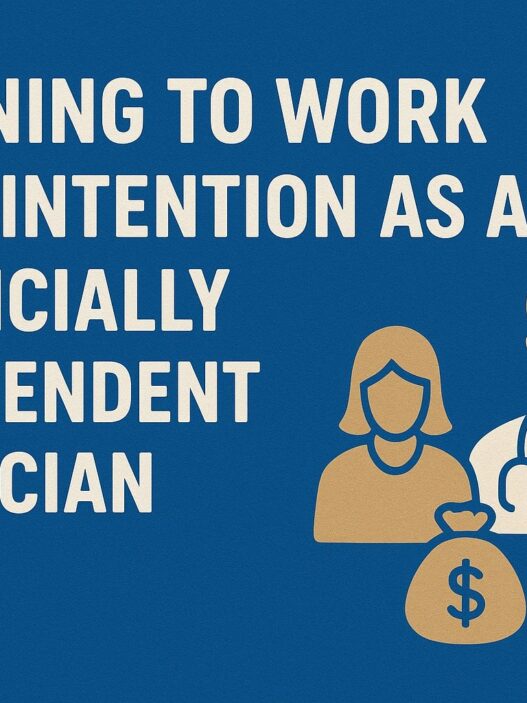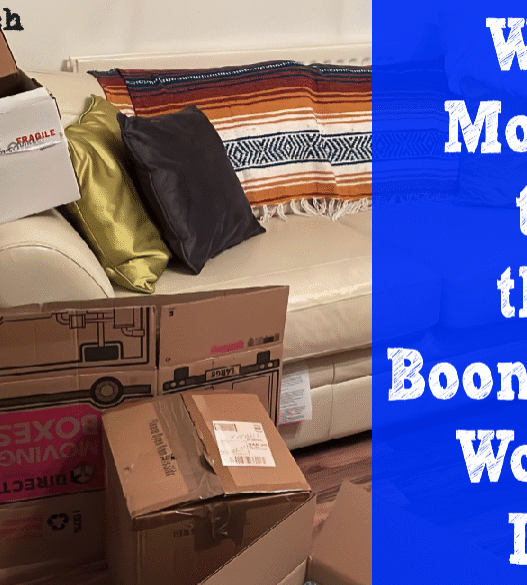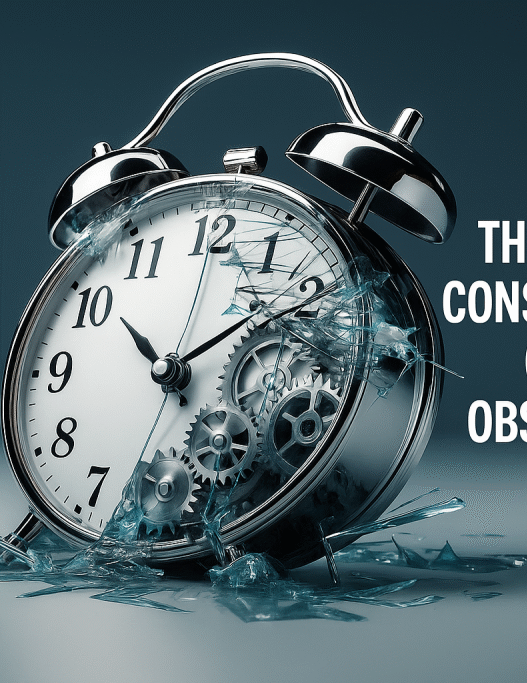Let's have a real conversation. If I had to start from zero today, no savings, no investments, no financial cushion, what would I do? Starting from scratch is overwhelming, but it's not the end. In fact, it can be the beginning of something powerful if you have a plan. That's what I want to walk you through in this article; my exact step-by-step money plan for rebuilding your finances from the ground up. No fluff. No shame. Just real, actionable steps that work.
If you're here wondering where to start or how to fix what feels broken, I want you to know this: You are not too late. You're not too far behind. You're right on time, and your comeback story is already in motion.
Let's get into how you can rebuild your finances from nothing today.
1: Take a hard, honest look at your numbers
If I were starting from nothing, the first thing I'd do is get extremely clear about where I stand financially. That means:
- Listing out all monthly expenses, both fixed and flexible
- Assessing my income (even if it's inconsistent or small)
- Understanding my current debt or liabilities
- Pinpointing what I need to survive (housing, food, childcare, etc.)
This isn't the time to sugarcoat or avoid the numbers. It's about clarity, not perfection. You can't build a stable foundation if you don't know what's crumbling.
2: Cut spending to the bare essentials
Next, I'd shift into temporary survival mode, even if I was earning a decent income. The goal is to stop the financial bleeding and give myself room to breathe.
Here's what that would look like:
- Pause all non-essential spending
- Cancel unused subscriptions
- Cook every meal at home for the timebeing
- Set a strict weekly cash spending cap
- Remove shopping apps from my phone
This is the “reset” phase. Short-term sacrifice for long-term stability.
3: Focus on fast cash flow opportunities
When you're starting from zero, the first priority is to get money in the door fast. It might mean stepping out of your comfort zone or working below your skill set temporarily to do what's necessary.
I'd look for simple, quick wins like:
The goal with this isn't to land a dream job whcih might take time, it's to build momentum as quickly as you can. Every dollar earned is a brick in your financial rebuild.
4: Build a starter emergency fund
Once I had income coming in, I'd open a separate savings account and aim for my first $1,000 to $1,500. This “buffer fund” is a precussor to your long-term emergency savings. It's your short term peace-of-mind fund.
It gives you room to handle car repairs, medical co-pays, or surprise bills without relying on credit. It also builds confidence. When you see a few hundred dollars in savings, you realize: I can do this.
5: Create a simple, flexible budget
At this point, it's time to give your money direction. To do this, I'd build a monthly budget using the 50/30/20 approach:
- 50% to essential needs (rent, food, transportation)
- 30% to financial goals (savings, debt payoff)
- 20% to lifestyle and flexibility (small wants, self-care)
I'd use a free budgeting app, template or printable tracker to keep it simple. The goal isn't to be perfect, it's to be consistent.
6: Choose a debt payoff strategy
If I had debt, I'd pick one of two payoff methods:
And I'd call my lenders to ask about:
Most people don't realize: your lenders may be more flexible than you think. And they worst thing they can say is no!
7: Start learning about money every day
If I had to start over, I'd also make financial education a daily habit. Even 10 to 15 minutes a day is great.
I'd dive into:
Because knowledge leads to confidence. And confidence leads to action.
8: Automate what I can
Even if I could only save $5 a week, I'd automate it. Automation removes the emotional labor. It makes progress the default. Whether it's savings, debt payments, or small investments, automation is your accountability partner.
9: Invest as soon as possible
Once my budget was balanced and I had a buffer fund, I'd open a Roth IRA or brokerage account.
I'd start small, even if it was something like $25/month, and stick with:
- Low-cost index funds
- Diversified ETFs
- Automatic recurring contributions
As the popular saying goes, time in the market beats timing the market. You don't need a lot to start, you just need to start.
10: Celebrate small wins (and pace yourself)
Starting from zero can be emotionally draining. And so it's important to build in rest and reward yourself.
That might mean:
- A free day to relax
- A small treat under $10
- A walk to reflect on your progress
You're building something meaningful. And every step deserves acknowledgment.
Expert tip: Consistency is your biggest asset
When you're rebuilding from zero, your biggest asset is consistency, not perfection. Focus on one small win at a time. Whether it's saving $10, paying off a bill, or learning something new. Stacking those tiny victories creates massive transformation.
Frequently asked questions (FAQs)
Here are some of the questions I get asked most frequently on how to rebuild your finances from nothing:
How do I stay motivated when I feel like I'm so far behind financially?
It's completely normal to feel discouraged, but remember, comparison steals progress. Focus on your own journey and celebrate your small wins. Track your growth month-to-month, not against anyone else. Every step forward, no matter how small, is a sign of progress.
Should I save or pay off debt first if I'm starting over?
Ideally, do both. Start by building a small emergency fund ($500–$1,000) to avoid relying on credit for unexpected expenses. Then, choose a debt payoff strategy that works for you (like the snowball or avalanche method). As your income grows, you can increase both your savings and debt payments simultaneously.
Is it worth investing if I only have $25 a month to spare?
Yes! Starting small builds the habit, and compound interest rewards consistency over time. Many investing platforms now allow you to invest with as little as $1 or $5. The sooner you start, the more time your money has to grow. It's not about how much you start with, it's about starting at all.
What if I keep falling off track with my budget?
That's okay. Budgeting isn't about being perfect. Revisit your budget weekly to make small adjustments. If something didn't work, change it. Your budget should reflect your real life, not an ideal version of it. Be flexible and give yourself grace, but stay committed to your goals.
Related content
If you found this article on rebuiling from zero helpful, check out this related content:
Rebuilding from zero is possible, one step at a time!
Rebuilding your finances from nothing won't happen overnight, but it's absolutely possible with a clear plan and steady action.
Every small step you take today, whether it's cutting back spending, saving your first $10, or learning about money, is moving you closer to financial freedom.
Don't let fear or shame hold you back. You have everything it takes to build a new foundation and create the life you want. Start with one step, stay consistent, and give yourself permission to grow.
You've got this, and I'm rooting for you every step of the way.



















